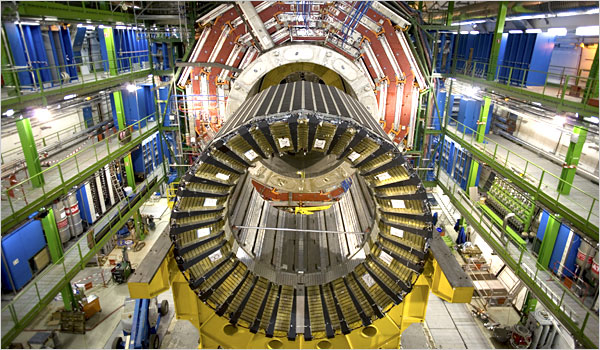British scientist Peter Higgs dreamt up a theory explaining the tiny particles that make up everything, including you, decades ago. At last he’s set to be proved right.
Peter Higgs remembers the day everything suddenly began to make sense. “It was July 16, 1964, when some new research papers arrived. I looked at one, realised what it meant and then jumped up and shouted out loud: ‘Oh shit’.”
For years his colleagues had been working on theories about the building blocks of the universe – and Higgs had disagreed with them all. The trouble was, he’d had no better suggestions.
Now he had an idea and spent the weekend mulling it over. “When I came back to work on Monday, I sat down and wrote a new paper as fast as I could,” he recalled in an interview last week.
Read moreThe man with the answer to life, the universe and (nearly) everything
